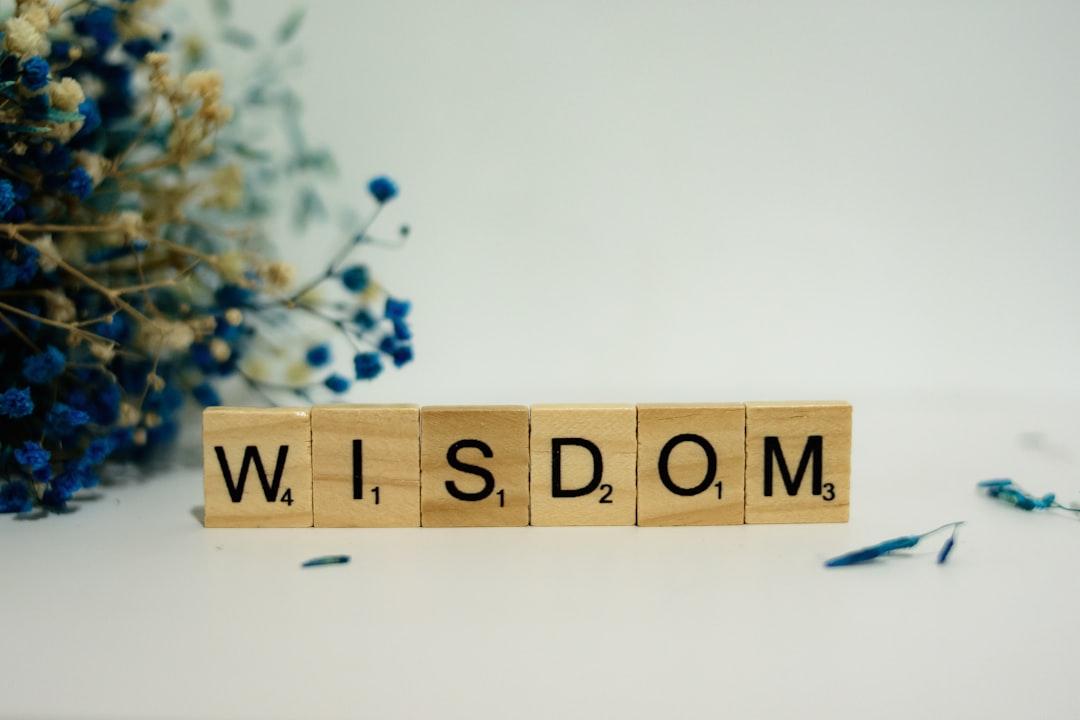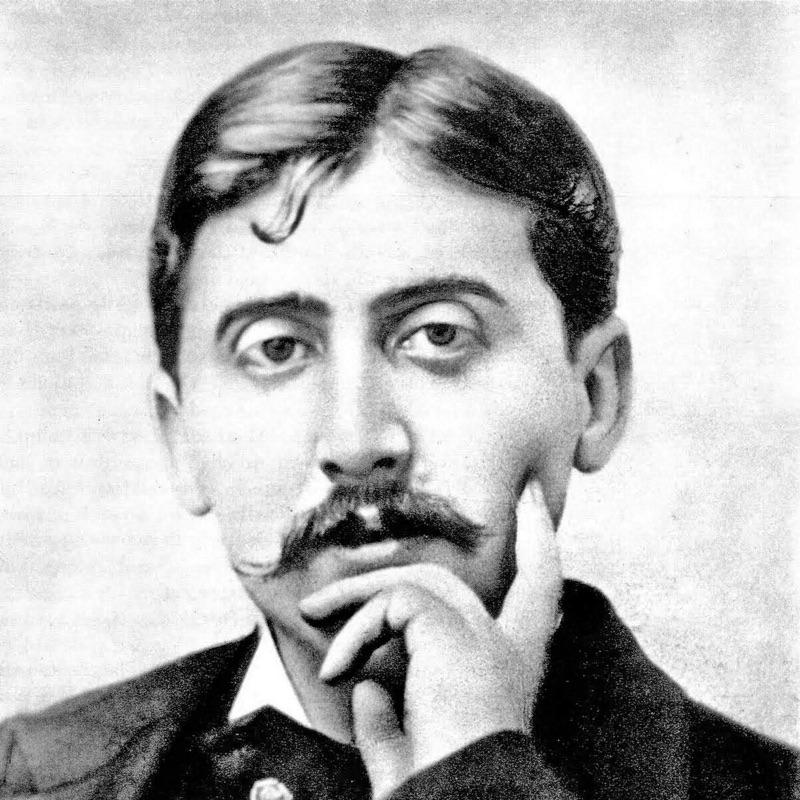Wisdom’s 7 Main Branches And How To Climb Each
Curated from: psychologytoday.com
Ideas, facts & insights covering these topics:
16 ideas
·3.48K reads
10
Explore the World's Best Ideas
Join today and uncover 100+ curated journeys from 50+ topics. Unlock access to our mobile app with extensive features.
The Age-Wise
When we think about wisdom, our mind might immediately race to some qualities such as having extensive knowledge and the perspective to use that knowledge. We might have an older relative who our family agrees is the go-to person any time there’s a problem. Need help deciding how to handle an argument between two of your in-laws? We’ll sit down and have a heart-to-heart with this family elder to plan a way out of the dilemma.
32
502 reads
The World-Wise
Wisdom might also strike us as a quality based on a wealth of world knowledge. For this, it’s not that older relative we seek wise counsel from but another family member who can help us sort through the ins and outs of planning a vacation to a new and exotic place. We know we’ll get great advice, from figuring out how to get where we’re going to discovering places to visit that aren’t in any online guide.
30
339 reads
Should The Wise Advise? Who Is Wisdom For?
Someone could be wise about one area of life but not particularly good at giving advice in another area. In fact, why would advice even come into the picture? Maybe it’s enough to know a great deal of information without ever having to apply it to practical situations.
There’s also quality of wisdom. Beyond being an intellectual exercise, this search for wisdom’s definition can help us think about ways to become a better person ourselves. If we think of the expression “older and wiser,” we know we’ll definitely get older with time, but it would be nice to get wiser, too.
29
293 reads
Wisdom Intrapersonal, Interpersonal, Extrapersonal
Cornell University’s Robert J. Sternberg (2024), known for his extensive work in the area of human intelligence, first dabbled in the wisdom field in 1998 with his ”balance” theory of wisdom, a view that proposed the three basic qualities of wisdom of balancing your own needs, the needs of other people, and the needs of the world at large. The wise person, essentially, is motivated to make the world a better place.
32
242 reads
Wisdom Within the Tree of Philosophy (TOP)
Sternberg now sees this theory as a manifestation of only one component of wisdom, the “process” view that reflects the way that people handle information. His new approach represents a more all-encompassing theory based on the main branches of philosophy. Although this may sound too esoteric, the “Tree of Philosophy (TOP)” is actually highly relatable. Its main thrust is that wisdom goes beyond a particular process or even, as some other theories propose, a quality that comes from within the individual, such as a personality trait or level of intelligence.
29
225 reads
Wisdom’s 7 Branches
Philosophy becomes a useful way to address the qualities of wisdom because, as Sternberg maintains, its main branches, epistemology, ontology, ethics, logic, aesthetics, hermeneutics, and axiology, each correspond to important traditions in understanding what’s wise and what’s not. Each, of course, comes with its positive and negative possibilities.
28
204 reads
Wisdom Branch 1: Epistemology
Knowing what you know and what you don’t know.
The wise person may seem to be all-knowing, but this branch of philosophy suggests it’s as important to make room for the possibility that you don’t. For example, it’s wise to confess to your own limitations but unwise to fake-knowing something you don’t (or can never know). When you make an “educated guess,” be sure not to claim you’re 100% sure.
32
190 reads
Wisdom Branch 2: Ontology
Keep the good of others at the forefront of your decisions.
The wise person tries to mend fences, but the unwise person tries to build them.
30
201 reads
Wisdom Branch 3: Ethics
Have a clear sense of right and wrong and stick to it.
To be wise means that you work hard to follow through on decisions that will further a worthwhile cause. Unwise people will do everything in their power to get ahead, regardless of the consequences to others.
31
170 reads
Wisdom Branch 4: Logic
Be able to make decisions based on analytical judgments, not gut feelings.
This could be as simple as trying to figure out why your cellphone won’t charge properly. Stabbing away at it by plugging the cord into the outlet will not get to the root of the problem, as you will need to go through a set of more rational steps.
30
168 reads
Wisdom Branch 5: Aesthetics
Promote harmony and grace in the world.
A wise person pursues beauty for its own sake, such as enjoying a calm and peaceful shoreline at sunset. Lack of aesthetic wisdom becomes toxic, such as when people make decisions that lead to outrage (such as designing an ugly building) or cause a lack of harmony in the world (such as a dictator invading another country).
29
158 reads
Wisdom Branch 6: Hermeneutics
Evaluate situations based on facts and not wishes.
Wise people might wish that their families got along better but be resigned to the situation as it is. The unwise person will continue to hope and dream that, somehow, their families will miraculously decide to get along.
30
167 reads
Wisdom Branch 7: Axiology
Use logic to make decisions.
To be wise means that you rely on facts determined through analyses of evidence (which could also mean they can be disconfirmed). Unwise people let their beliefs, religious or otherwise, determine what they believe to be true.
30
160 reads
Wisdom: The Jury Is Still Out
As Sternberg points out, the problems that require wisdom tend not to have right or wrong answers but are ill-structured. “They often are a mess, and the available solutions may be messy as well.” And although even answers based on knowledge gained in school are usually either right or wrong, any problem can become “emotionally laden.” How many arguments have we had with people that, although settled by a Google search, still left us feeling a bit deflated?
29
159 reads
Wisdom As A Process With Components
To sum up, becoming wise may be thought of as a process, potentially one gained only by life experiences as we fumble our way through problems that life throws at us. By breaking wisdom down into these components, we can at least fumble a bit less and flourish a bit more.
29
161 reads
We do not receive wisdom, we must discover it for ourselves, after a journey through the wilderness which no one else can make for us, which no one can spare us, for our wisdom is the point of view from which we come at last to regard the world.
MARCEL PROUST
31
145 reads
IDEAS CURATED BY
CURATOR'S NOTE
“We do not receive wisdom, we must discover it for ourselves, after a journey through the wilderness which no one else can make for us, which no one can spare us, for our wisdom is the point of view from which we come at last to regard the world.”
“
Similar ideas
3 ideas
Knowledge vs Wisdom
diffen.com
5 ideas
Why aging isn't all doom and gloom - Aging on Nautilus
aging.nautil.us
5 ideas
How to Think
fs.blog
Read & Learn
20x Faster
without
deepstash
with
deepstash
with
deepstash
Personalized microlearning
—
100+ Learning Journeys
—
Access to 200,000+ ideas
—
Access to the mobile app
—
Unlimited idea saving
—
—
Unlimited history
—
—
Unlimited listening to ideas
—
—
Downloading & offline access
—
—
Supercharge your mind with one idea per day
Enter your email and spend 1 minute every day to learn something new.
I agree to receive email updates

